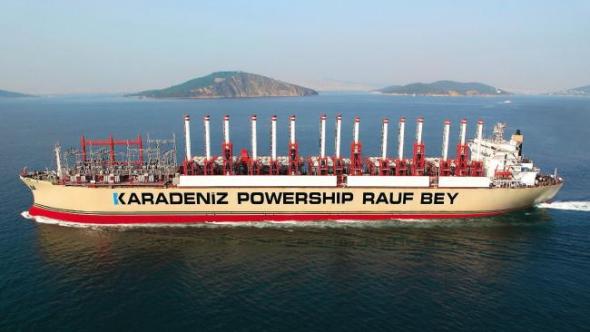LPG produced by Ghana Gas is safe — CEO
- Posted on
- Comment
 The Ghana Gas Company has debunked rumours that liquefied petroleum gas (LPG) produced from natural gas from the Atuabo Gas Processing Plant is of a low quality and, therefore, stands a higher risk of exploding.
The Ghana Gas Company has debunked rumours that liquefied petroleum gas (LPG) produced from natural gas from the Atuabo Gas Processing Plant is of a low quality and, therefore, stands a higher risk of exploding.
It also refuted allegations by some stakeholders that the low quality of the LPG from the company triggered the recent gas explosion at the Atomic junction at Madina in Accra.
Addressing a news conference in Accra on Monday, the Chief Executive Officer (CEO) of Ghana Gas Company, Dr Ben Asante, conceded that the vapour pressure of its LPG was slightly higher than the one produced by the Tema Oil Refinery and imported LPG.
He said, nonetheless, that LPG from Ghana Gas met the Ghana Standards Authority (GSA) requirements and, therefore, did not pose any risk as a commodity.
He explained that LPG from Ghana Gas naturally would have that higher vapour pressure because it had more of the butane than propane component as compared to the one produced from crude oil.
Standard requirement
“The GSA and the National Petroleum Authority requirement is nine bar, but we have never crossed eight. We do 7.5 while the LPG produced from crude oil such as the imported ones and the one from the Tema Oil Refinery had a vapour pressure of 5.5 due to its components,” he explained.
The news conference was to allay any fears that rumours describing the company’s LPG as being of a low quality might have caused among consumers and dealers.
It was also to assure the public of the company’s commitment to do due diligence in terms of safety requirements.
“The problem we see about the numerous gas explosions are with the handling process in the supply value chain, such as transportation, storage and offloading facilities which do not meet safety protocols,” Dr Asante said.
He recommended capacity building for all participants in the supply value chain to boost safety.
Since LPG from natural gas has a higher vapour pressure than the LPG from crude, he also recommended that regulators should be strict in ensuring that the transportation, offloading and storage facilities adhered to safety protocols.
Blame game
Dr Asante said it was not time to play the blame game as to what or who caused the explosion; and underscored the need for stakeholders to work together to find lasting solutions to such occurrences.
He reiterated that the Ghana Gas Company had always complied with GSA regulations since it started its operations two years ago.
-Graphic










 (Selorm) |
(Selorm) |  (Nana Kwesi)
(Nana Kwesi)